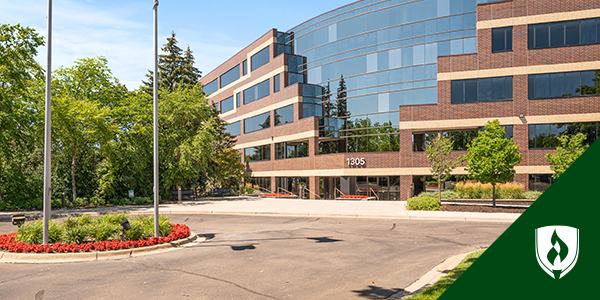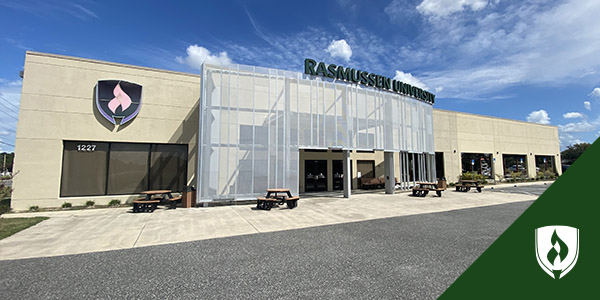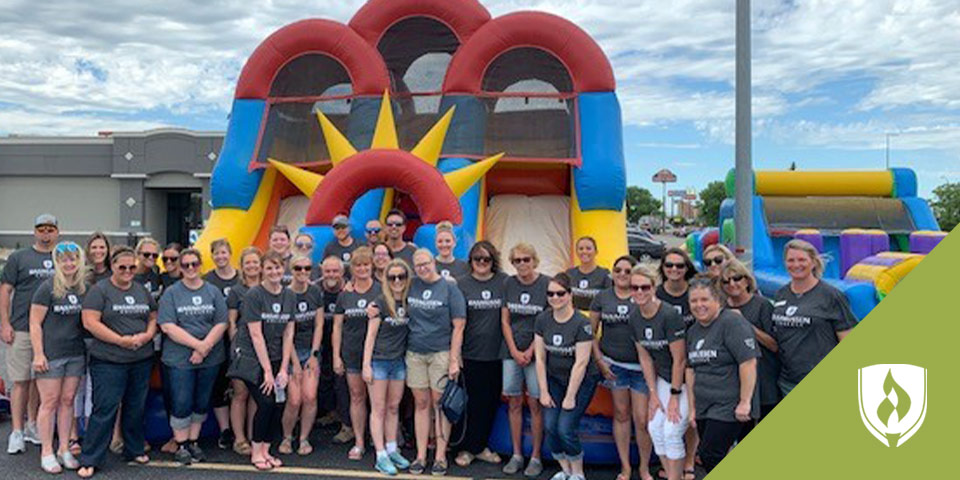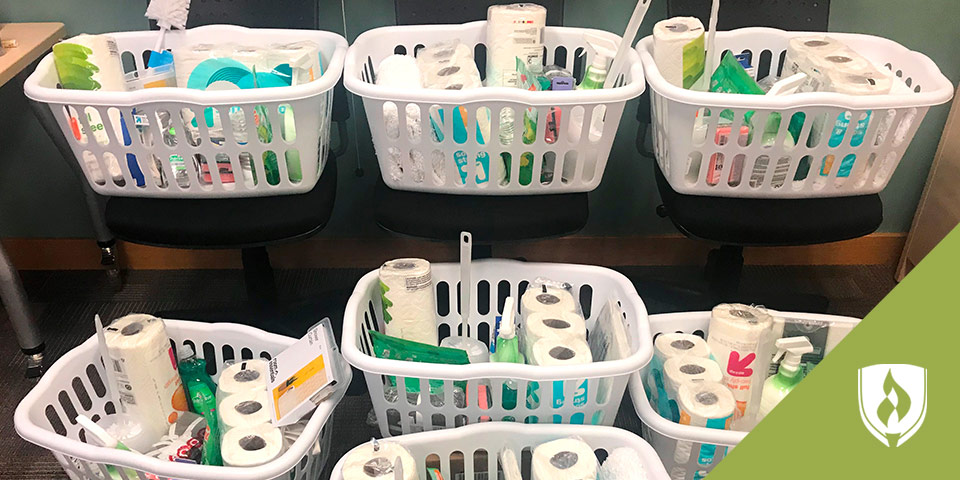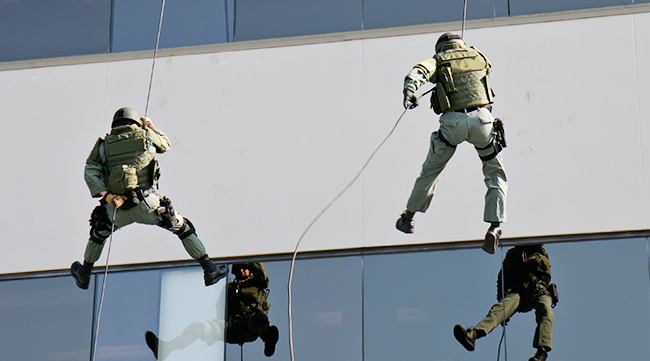
Helms showed the students a video of everything that happens over the course of the 20-week FBI Academy located on a 547-acre plot in Quantico, Virginia. Helms gave students a good idea of what a cadet goes through, said Eileen Carlin, justice studies program coordinator for Minnesota and North Dakota.
There’s running, physical fitness, learning to shoot and learning to fight.
“Drew gave a good indication of what’s to be expected if they were chosen as an agent,” Carlin said.
Helms also explained the process by which agents get to submit their preferred location and unit. However, once a person successfully completes the academy, the FBI assigns agents based on the needs of the Bureau. Some of the most popular units include cybercrime, violent crime and Homeland Security.
A majority of jobs within the FBI require attending the academy, however, there are some positions that do not, such as computer or forensics specialists. A 4-year-degree and three years of working experience is required to become an FBI special agent.
“To become a special agent, your previous working experience doesn’t have to be police work, but it should be in something related to what you want to do in the FBI,” Carlin said.
Carlin said the students were very engaged in the presentation and asked a lot of questions. She said she prioritizes law-enforcement-related presentations because those students prefer interacting with hands-on reality-based learning.
When FBI agents and police officers visit, it offers students a unique opportunity to have a one-on-one interaction and to network.
“You can’t wait to go to a job interview to ask questions, so having that person from the profession stand in front of you giving you firsthand advice and tips gives you much more knowledge about the job than you could normally get,” said Carlin.


